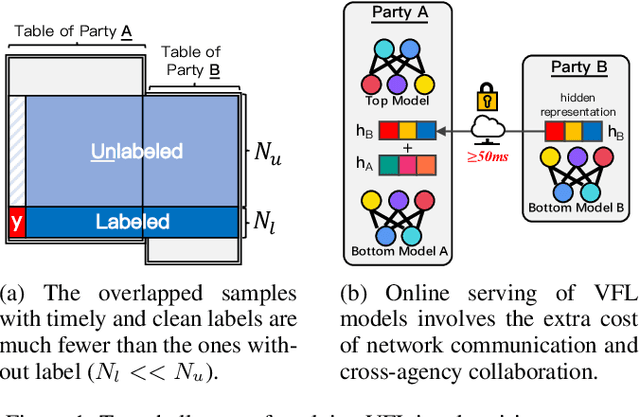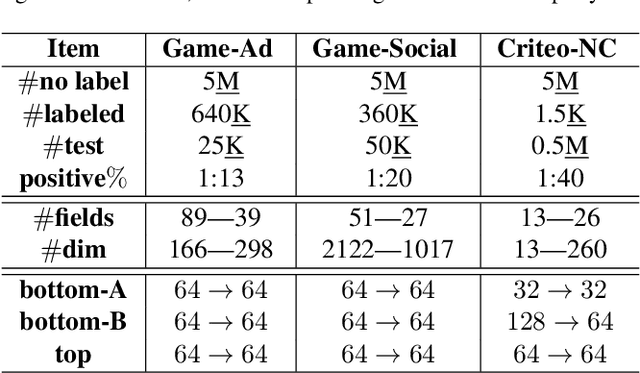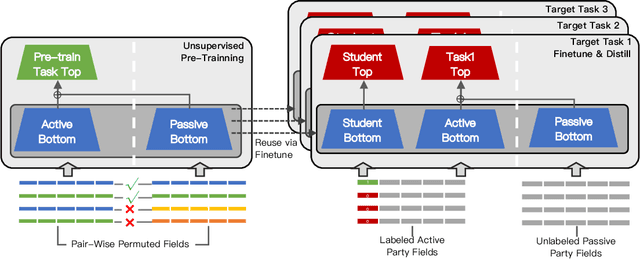Junfeng Deng
Flexible Cylindrical Arrays with Movable Antennas for MISO System: Beamforming and Position Optimization
Jan 25, 2025



Abstract:As wireless communication advances toward the 6G era, the demand for ultra-reliable, high-speed, and ubiquitous connectivity is driving the exploration of new degrees-of-freedom (DoFs) in communication systems. Among the key enabling technologies, Movable Antennas (MAs) integrated into Flexible Cylindrical Arrays (FCLA) have shown great potential in optimizing wireless communication by providing spatial flexibility. This paper proposes an innovative optimization framework that leverages the dynamic mobility of FCLAs to improve communication rates and overall system performance. By employing Fractional Programming (FP) for alternating optimization of beamforming and antenna positions, the system enhances throughput and resource utilization. Additionally, a novel Constrained Grid Search-Based Adaptive Moment Estimation Algorithm (CGS-Adam) is introduced to optimize antenna positions while adhering to antenna spacing constraints. Extensive simulations validate that the proposed system, utilizing movable antennas, significantly outperforms traditional fixed antenna optimization, achieving up to a 31\% performance gain in general scenarios. The integration of FCLAs in wireless networks represents a promising solution for future 6G systems, offering improved coverage, energy efficiency, and flexibility.
Semi-Supervised Cross-Silo Advertising with Partial Knowledge Transfer
May 31, 2022



Abstract:As an emerging secure learning paradigm in leveraging cross-agency private data, vertical federated learning (VFL) is expected to improve advertising models by enabling the joint learning of complementary user attributes privately owned by the advertiser and the publisher. However, there are two key challenges in applying it to advertising systems: a) the limited scale of labeled overlapping samples, and b) the high cost of real-time cross-agency serving. In this paper, we propose a semi-supervised split distillation framework VFed-SSD to alleviate the two limitations. We identify that: i) there are massive unlabeled overlapped data available in advertising systems, and ii) we can keep a balance between model performance and inference cost by decomposing the federated model. Specifically, we develop a self-supervised task Matched Pair Detection (MPD) to exploit the vertically partitioned unlabeled data and propose the Split Knowledge Distillation (SplitKD) schema to avoid cross-agency serving. Empirical studies on three industrial datasets exhibit the effectiveness of our methods, with the median AUC over all datasets improved by 0.86% and 2.6% in the local deployment mode and the federated deployment mode respectively. Overall, our framework provides an efficient federation-enhanced solution for real-time display advertising with minimal deploying cost and significant performance lift.
 Add to Chrome
Add to Chrome Add to Firefox
Add to Firefox Add to Edge
Add to Edge